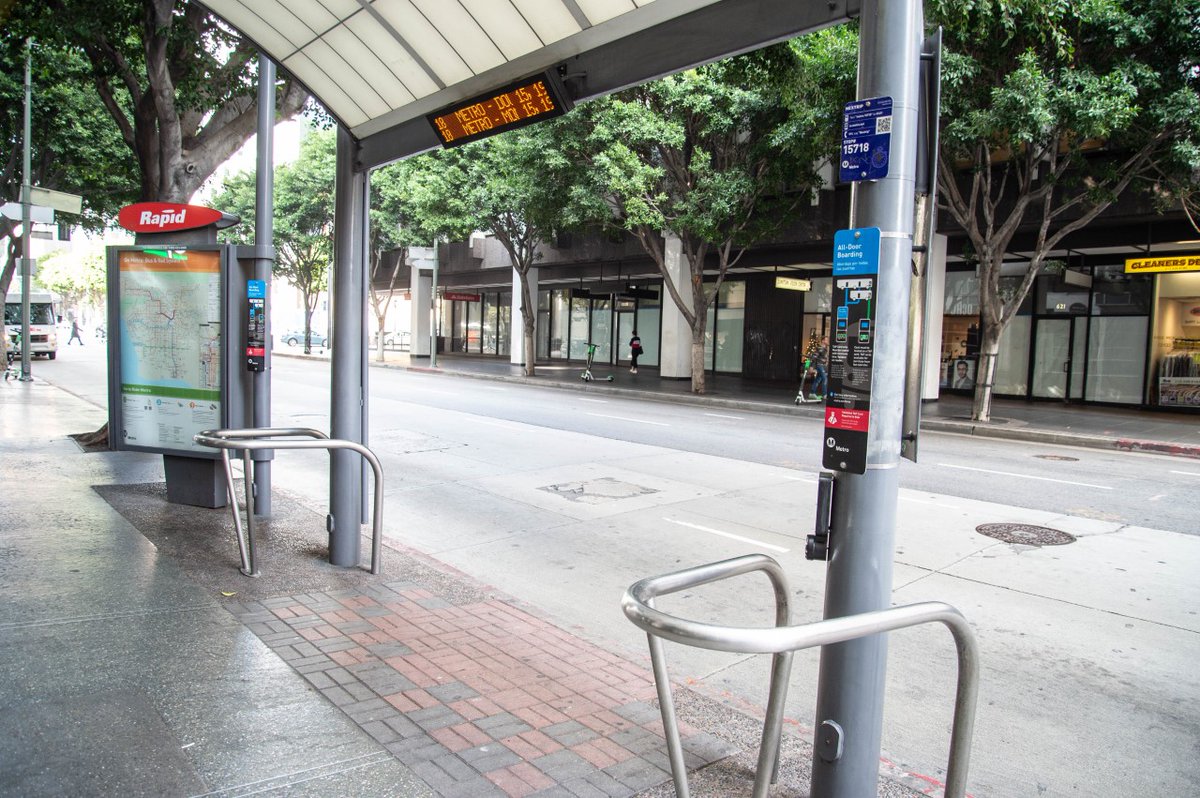The heat wave roasting Southern California and other parts of California prompted the manager of the state's power grid to issue an emergency alert Friday, declaring that SoCal would experience rotating power outages due to excessive heat straining the electric grid.
The emergency was lifted shortly before 10 p.m., and power was restored.
"Extreme heat is really the driver behind this," said Anne Gonzales, spokeswoman for the power grid operator.
The heat wave is expected to last through next week and the power grid operator will decide whether to continue the rolling outages on a day-to-day basis, Gonzales said. Widespread triple-digit temperatures are expected through the weekend.
LADWP said it was not affected by the emergency, which reminded many residents of the rolling blackouts of 2001.
“I remember having power outages for long periods of time," said Wendy Andre, a Covina resident. "Having to learn to cool down, take a shower, use hand fans. Trying to make sure you keep your refrigerator closed so your perishables don’t perish. Using ice cubes in a dish towel around your neck."
The California Independent System Operator had previously declared a Flex Alert, urging residents statewide to conserve electricity between 3 and 10 p.m. to avoid overloading the power system. But around 7:46 p.m., demand on the system was so severe that Cal-ISO declared a Stage 3 Emergency.
"A Rotating Outage is an extremely rare, controlled power outage that we enact as a last resort when there is a statewide emergency," SoCal Edison said on their website. "For one hour at a time, we shut down power by geographical groups... to help ease the demand on the electrical grid. Rotating Outages help prevent larger and longer power outages."
Earlier in the day, residents had been urged to cut back their electricity usage. CalISO offered a series of tips, including:
Local
Get Los Angeles's latest local news on crime, entertainment, weather, schools, COVID, cost of living and more. Here's your go-to source for today's LA news.
-- Turning off unnecessary lights;
-- Using major appliances before 3 p.m. and after 10 p.m.;
-- Setting air conditioner thermostats to 78 degrees or higher;
-- Using fans; and
-- Keeping drapes drawn.
"The ISO is working closely with utilities and neighboring power systems to manage the strain on the grid to limit any potential power disruptions," Cal-ISO said in a statement.



